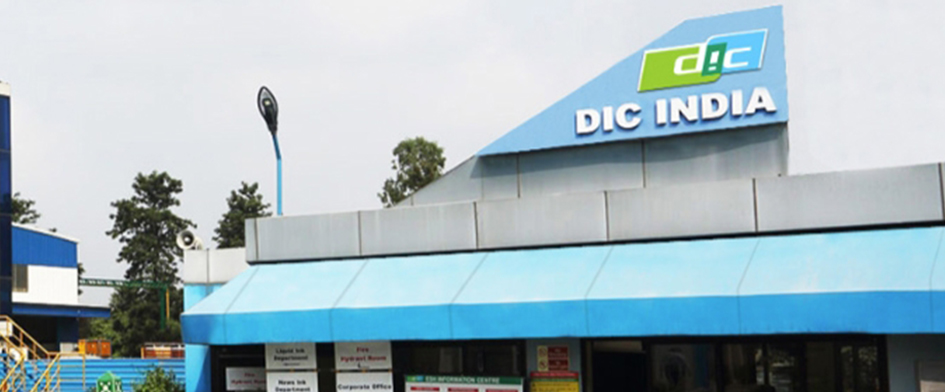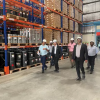DIC India helps customers with toluene ban
DIC India helps customers with toluene ban

DIC India has launched DIC Konnect, a unique digital program to raise the awareness of customers across the Indian subcontinent about the recent toluene ban for food packaging helping them to adopt new methods of printing.
The Bureau of Indian Standards (BIS) has recently prohibited the use of toluene-based inks for food packaging applications under a revision of its IS15495 regulation. The need for revision came into existence due to the various harmful effects the chemical on human body and the environment.
As per the new regulation, BIS has also laid down other standard guidelines for printing inks for use on food packaging for printers and converters. Furthermore, since the food industry mainly uses printing inks for external packaging, immediate food wrapping, as a printed wrapper or insert and disposables, BIS has defined certain norms under each of these categories.
Under the DIC Konnect program, a series of webinars were organized with an aim to guide customers through the best industry practices to restart their printing process post the lockdown, address their concerns as well as demonstrate DIC India’s product portfolio.
‘BIS toluene ban is a commendable step taken by the regulatory body to steer the industry into a more sustainable and safe packaging direction,’ said Manish Bhatia, managing director and CEO of DIC India. ‘Since our customers have always been at the core of our strategy, we wanted to ensure that they are well-align with the new government regulation. Thus, following the lockdown norms, we decided to bank upon DIC Konnect initiative, our one-of-a-kind virtual engagement strategy, wherein we hosted webinars with our customers and edified them about the toluene ban, preparing them to gain a competitive edge in their future.
‘DIC India has been at the forefront of bringing in innovative and advanced printing ink and allied products to the industry. Moreover, over the years, we have developed a robust portfolio of non-toluene ink products that will benefit our partners in making necessary adjustments in their machinery with ease.’














